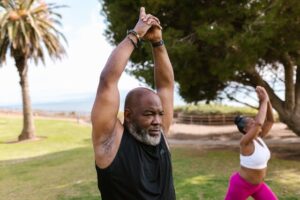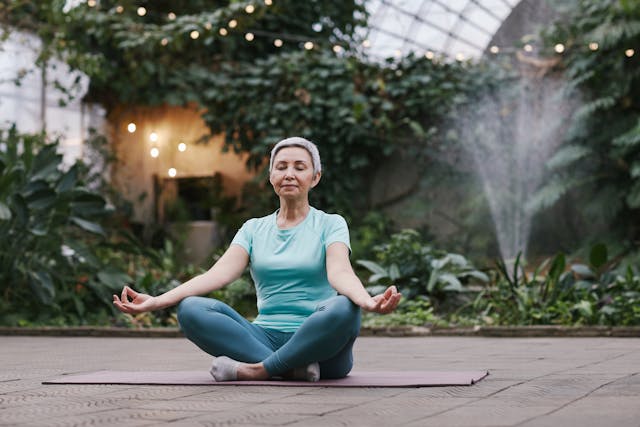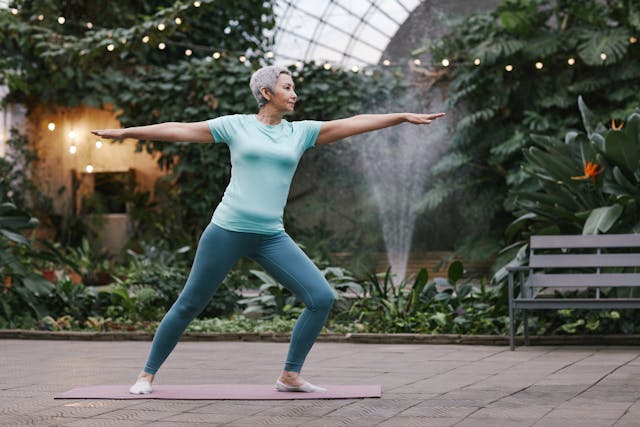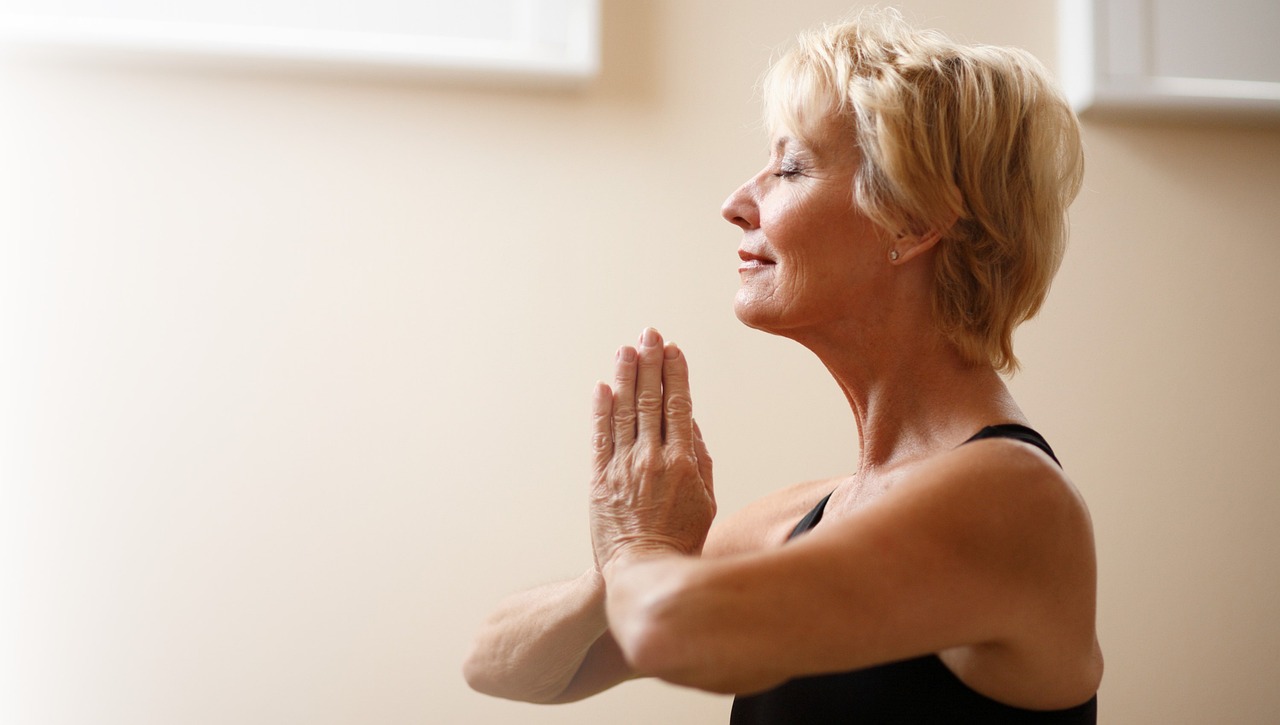Yoga is a centuries-old practice that features physical postures, breathing exercises, and meditation to boost mental and physical well-being. For elderly individuals, Yoga Center Ubud offers an accessible, low-impact way to stay active, improve flexibility, and maintain balance. As people age, they often face physical limitations and an increased risk of chronic conditions, and yoga can be an excellent addition to their health regimen. Reports show that practicing yoga regularly can benefit seniors in many ways, improving physical health and quality of life. Below, we explore how yoga supports the health and wellness of the elderly.
Enhances Flexibility and Joint Mobility
 One of the most significant benefits of yoga for seniors is improved flexibility. Aging tends to lead to joint stiffness, muscle tightness, and reduced range of motion, making daily activities more challenging. Gentle yoga stretches target these areas, promoting greater joint and muscle flexibility.
One of the most significant benefits of yoga for seniors is improved flexibility. Aging tends to lead to joint stiffness, muscle tightness, and reduced range of motion, making daily activities more challenging. Gentle yoga stretches target these areas, promoting greater joint and muscle flexibility.
Common poses like Cat-Cow and Seated Forward Bend are ideal for enhancing mobility without straining the body, helping seniors move easily, and reducing the likelihood of stiffness-related injuries. By maintaining flexibility, seniors can perform daily tasks comfortably and retain independence.
Improves Balance and Reduces Fall Risk
Maintaining balance becomes more difficult as individuals age, increasing the risk of falls and fractures. Yoga offers a gentle yet effective way to enhance balance through poses that promote strength in the lower body and core, such as Tree Pose and Warrior I. These poses help seniors become more attuned to their body’s alignment and control, allowing for steadier movement. By strengthening muscles essential for balance, yoga reduces the risk of falls, giving elderly individuals greater confidence in their mobility and allowing them to enjoy activities safely.

Supports Heart Health and Circulation
Heart health is a vital concern for older adults, and yoga can positively affect cardiovascular wellness. Gentle yoga exercises focusing on controlled breathing and slow movements improve circulation and reduce blood pressure. Certain forms of yoga, like Hatha yoga, emphasize relaxation and controlled breathing, which help reduce stress—a common factor in hypertension. By keeping stress levels in check and encouraging healthy circulation, yoga helps support a robust and healthy heart, especially for seniors managing heart-related health conditions.
Boosts Respiratory Health
As people age, lung capacity and respiratory function can decrease, making it harder to engage in physical activities. Yoga incorporates breathing exercises, or pranayama, to improve respiratory efficiency and strengthen the lungs. Techniques such as deep abdominal breathing increase oxygen intake, promote lung health, and make everyday activities less taxing. Improved breathing capacity enables seniors to stay active, reducing the likelihood of respiratory issues and boosting overall vitality.

Conclusion
Yoga offers numerous health benefits that make it particularly suitable for the elderly, from enhancing flexibility and balance to promoting cardiovascular health and stress relief. This low-impact, adaptable practice supports physical vitality and mental clarity, contributing to an active, healthy lifestyle. As seniors incorporate yoga into their routines, they gain tools to manage common aging challenges and maintain independence. By embracing yoga, elderly individuals can nurture a strong mind, body, and community, enjoying improved health and well-being well into their golden years.…



 Feeling understood and supported is crucial when dealing with the emotional aspects of diabetes. Joining a support group can provide you with a sense of community and connection with others who are facing similar challenges. Sharing your experiences, fears, and triumphs in a safe space can be incredibly empowering.
Feeling understood and supported is crucial when dealing with the emotional aspects of diabetes. Joining a support group can provide you with a sense of community and connection with others who are facing similar challenges. Sharing your experiences, fears, and triumphs in a safe space can be incredibly empowering.
 When it comes to managing your diabetes, open communication with your healthcare team is crucial. They are there to support you and provide guidance on how to best navigate the challenges that come with this condition. Your doctor, nurse, dietitian, and other specialists play a golden key role in ensuring you stay healthy.
When it comes to managing your diabetes, open communication with your healthcare team is crucial. They are there to support you and provide guidance on how to best navigate the challenges that come with this condition. Your doctor, nurse, dietitian, and other specialists play a golden key role in ensuring you stay healthy.